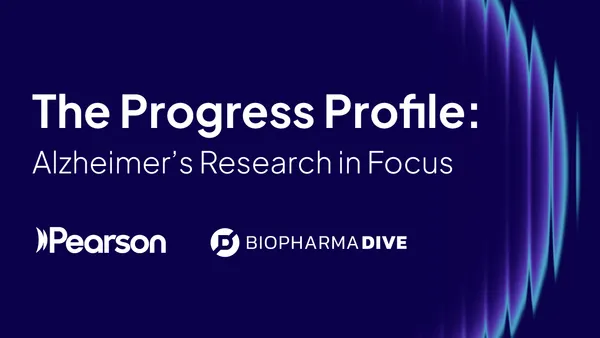Dive Brief:
- In a subgroup of hard-to-treat colorectal cancer patients in the CheckMate-142 trial, the combination of Bristol-Myers Squibb's Opdivo and Yervoy showed a 55% investigator-assessed objective response rate.
- At the time of data reporting, the median duration of response in the patients, who had DNA mismatch repair deficient (dMMR) or microsatellite instability-high (MSI-H) metastatic disease, wasn't yet reached, and 94% of responses were ongoing. Overall survival rate at one year was 85%, with median overall survival not yet reached. Around a third of patients had grade 3-4 treatment-related adverse events.
- Patients with dMMR or MSI-H colorectal cancer make up around 15% of all colorectal cancer patients and 5% of patients with metastatic disease. These patients are less likely to respond to conventional chemotherapy, and have poorer outcomes.
Dive Insight:
The checkpoint inhibitor market is a toughly-fought one. While Bristol-Myers Squibb's Opdivo (nivolumab) was the top seller in 2017, Merck & Co's Keytruda (pembrolizumab) is coming up behind, and other market entrants are looking to compete. To try to keep hold of market share, companies are seeking to carve out additional niches through combination studies for harder-to-treat forms of cancer.
Combination studies of checkpoint inhibitors suffered a blow last September, when the Food and Drug Administration slapped a partial hold on studies pairing checkpoint inhibitors with immunomodulatory drugs. While the hold didn't affect the CheckMate-142 study, the hold and the failure of AstraZeneca's Phase 3 MYSTIC trial did make the I/O arena somewhat nervous. But since then, things have been looking good for Bristol-Myers' combination.
The colorectal cancer results seen in CheckMate-142 offer another boost. While this specific patient pool is small, it is a group with a specific unmet need.
"These results demonstrate that Opdivo plus Yervoy provide durable clinical benefit in patients with dMMR or MSI-H metastatic colorectal cancer," said Thierry André, M.D., head of the Medical Oncology Department in St. Antoine Hospital, Assistance Publique Hôpitaux de Paris. "The combination of Opdivo and Yervoy may represent an important advance for these distinct biomarker-defined patients, who historically have poorer outcomes compared to metastatic colorectal cancer patients whose tumors are mismatch repair proficient or microsatellite stable."
The company called the one-year survival results "encouraging."
The trial is also studying Opdivo monotherapy and combinations in patients with recurrent and metastatic non-MSI-H colorectal cancer
Last August the Opdivo-Yervoy combination hit a temporary stumbling block when it missed a goal in a Phase 3 study in kidney cancer. The drug pairing did not clearly improve progression-free survival compared with Pfizer's Sutent (sunitinib). However, the following month there was complete turnaround – the company announced that it was stopping the trial early on the recommendation of an independent data monitoring committee, based on results showing an overall survival benefit.
Bristol-Myers Squibb is also studying the Opdivo-Yervoy combination in non-small cell lung cancer, with data due this month.













